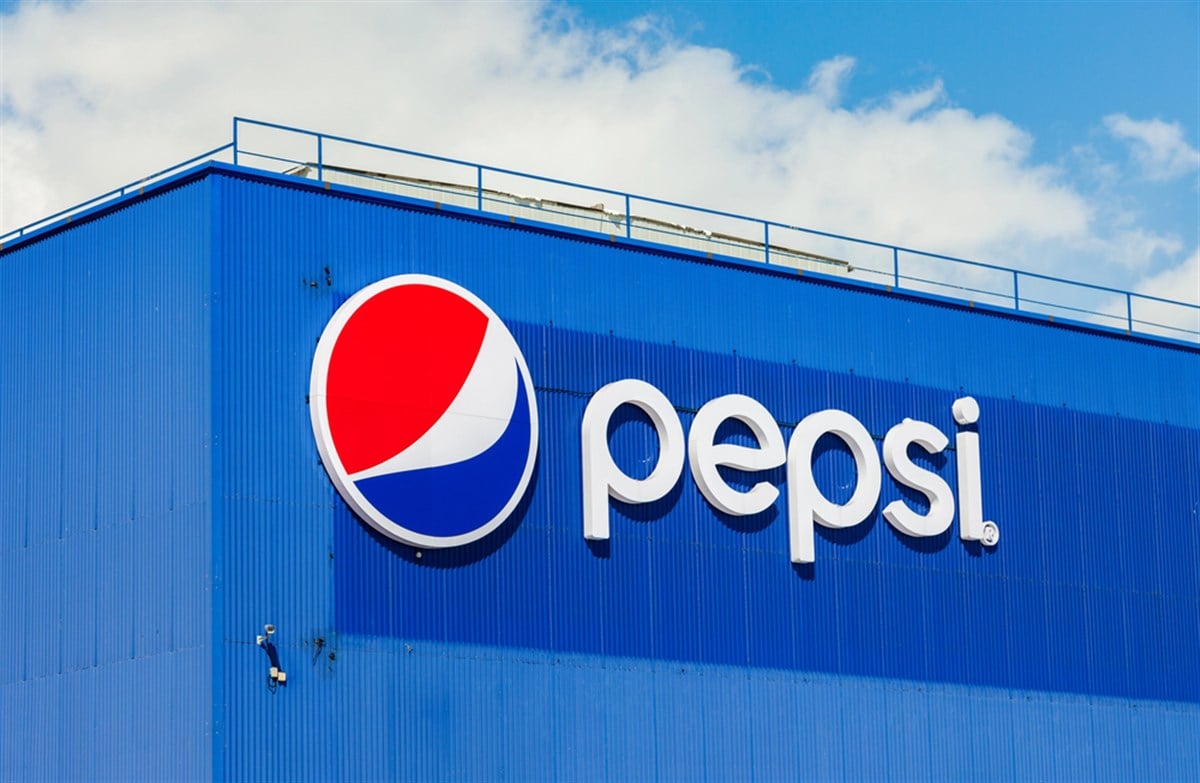
Investors looking for a respite from the ongoing market volatility may want to seek out dividend-paying stocks. The benefit of these stocks is that they give you an opportunity for reliable income today and into the future. Many of these stocks have fallen out of fashion in the tech-fueled AI revolution. But in the last month, many of these stocks are increasing as investors feel more bullish about the economy.
Investors who reinvest those dividends have the opportunity to increase their total return on these stocks. This allows patient investors to sit back and let the compounding effect happen.
That's why, whether you’re focused on growth, income, or both, it’s important to choose dividend stocks with a proven history of increasing their dividends. This is an exceptional strategy for building wealth over time. The three stocks listed below have a long history of increasing their dividends. They are likely to benefit as investors begin to rotate into more traditional sectors on expectations of lower interest rates.
Pepsi is More Than Just a Great Dividend Stock
Traders may debate the best time to buy PEP stock, but viewed over any length of time, PepsiCo Inc. (NASDAQ: PEP) is a solid long-term investment. The company’s business model is supported by a portfolio of iconic brands. While best known for its namesake soft drinks, PepsiCo also owns Frito-Lay, which enhances its reach in the snack food area.
PepsiCo is often compared with other consumer staples stocks such as The Coca-Cola Company (NYSE: KO). Both stocks present investors with three key benefits:
- Robust current income from dividends. As of August 15, 2024, PEP stock pays investors $5.42 per share.
- A history of dividend increases. Pepsi is a dividend king that has increased its dividend for 53 consecutive years.
- A combination of share price appreciation and dividend growth. The 10-year total return for PEP stock is over 152%.
In each of those metrics, Pepsi beats Coke. So, this isn’t just about taste. For long-term investors, PEP stock is the winner.
AbbVie Provides Current Safety and Future Growth
When it comes to dividend stocks, long-term growth is a key factor. Few medical stocks do that better than AbbVie Inc. (NYSE: ABBV). Over the last 10 years, the total return on ABBV stock is an impressive 438%.
A key reason for AbbVie stock's growth is the success of the company’s Humira drug. In 2023, Humira began to face competition from biosimilar companies, which weighed on the stock in the first half of the year.
However, the company demonstrates that its new drugs, such as Skryizi and Rinvoq, can make up for much of any lost revenue from Humira. AbbVie has a deep pipeline that should bring other drugs to market. The stock climbed 17% in the three months ending August 15 and is now up 24% in 2024.
AbbVie is another dividend king with 52 consecutive years of dividend increases. The company pays an impressive $6.20 per share in dividends.
Kenvue is Ready to Step Out of JNJ’s Shadow
Kenvue Inc. (NYSE: KVUE) was formed after Johnson & Johnson (NYSE: JNJ) spun off its consumer products division. This makes Kenvue the home of popular brands such as Band-Aid, Tylenol, Listerine, and more. At any given time, millions of Americans have one or more of the company’s products in their homes.
However, Kenvue went public in 2023, and it’s been a rocky start. Consumers are feeling pinched by inflation and turning to house brands for many of their staple items. But in the company’s second-quarter earnings report, the tide may be turning. The company beat analysts’ expectations for revenue and earnings.
While the numbers were essentially flat YoY, this suggests the worst may be over. Investors seem to believe that’s the case, with the stock up about 18% since the report.
Because it spun off from JNJ, Kenvue only needed to issue a dividend increase to maintain its status as a dividend king. The increase from $0.20 to $0.205 won’t turn many heads, but the dividend increase was issued despite a YoY decline in free cash flow. That situation, as is the company’s dividend, is expected to improve in 2025.
